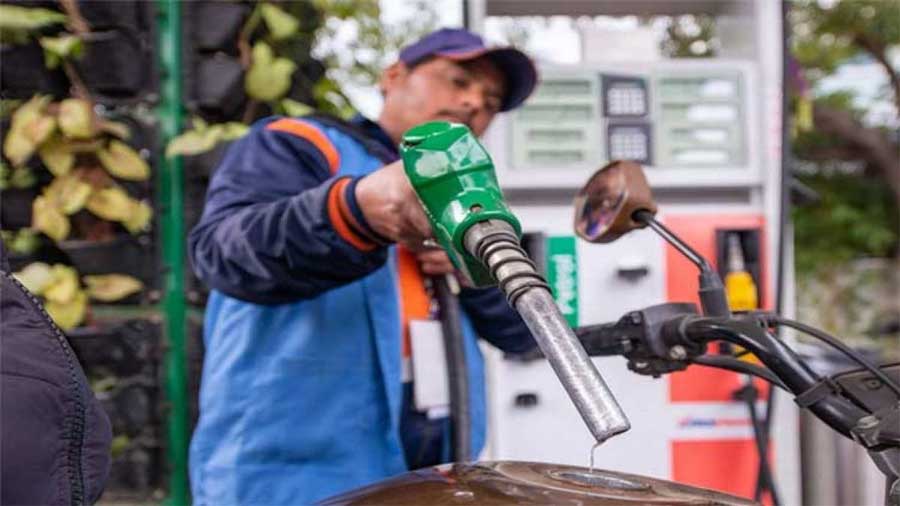
Nuzaira Azam
WASHINGTON: Federal Minister for Planning, Development, Reforms, and Special Initiatives, Asad Umar, has categorically stated that India is trying to disrupt the China-Pakistan Economic Corridor (CPEC) project; he addressed a press conference at the Embassy of Pakistan in Washington DC, “Indian National Security advisers have declared on camera that their mission is to destabilize Pakistan; they want to exploit
country’s internal potential ethnic or sectarian differences,” he added. The Minister was accompanied by the Ambassador Dr. Asad Majid Khan and Press Attaché Maliha Zargham.
On a question regarding Maritime security concerns, he said that Pakistan has security challenges, but there is no “specific” security challenge to be highlighted. He said that despite increasing challenges posed by some countries, the CPEC program is expanding.
On a question about connecting to the Central Asian states, he said that Pakistan aspires to create economic connections with the Central Asian States, and we are diligently working on it, he added. However, since the pathway to those States is through Afghanistan, that has two superpowers invaded. Afghanistan and its people have suffered tremendously in the last few decades by its occupation by foreign countries, and Pakistan has paid a heavy price as well.
“Prime Minister Imran Khan has said on many occasions that the world should not repeat the past faults,” Federal Minister added.
About the Taliban government in Afghanistan, he said that Pakistan hopes to see an inclusive government in Afghanistan. He further said that the Taliban had sent positive signals to the world, and Pakistan wants to see that the world also reciprocates.
Minister Umar is visiting the U.S. at the invitation of the “Association of Pakistani Physicians of North America.”
Earlier, Minister Umar gave a talk at the Woodrow Wilson International Center on CPEC. Ambassador David Hale, Former U.S. Ambassador to Pakistan was the moderator of the discussion, while Abraham Denmark, Vice President of programs has introduced the Pakistani Minister. In addition, many participants representing the think tank and academic community joined the talk virtually.
Asad Umar gave a detailed presentation on CPEC, focusing on its status, plans, and CPEC’s importance in the more significant dynamics shaping the regional economic activity by promoting regional connectivity. The Minister highlighted that the four Special Economic Zones and the Gwadar Free zone established under CPEC were open for investment by investors from any country.
The Minister mentioned that the U.S. was still the top export destination for Pakistan. In addition, the Pakistani diaspora living in the U.S. was making a significant contribution to Pakistan’s socio-economic progress through their remittances. The Minister also noted that contrary to the general perception, China was not Pakistan’s largest creditor, the traditional lenders owed Pakistan’s majority debt.






